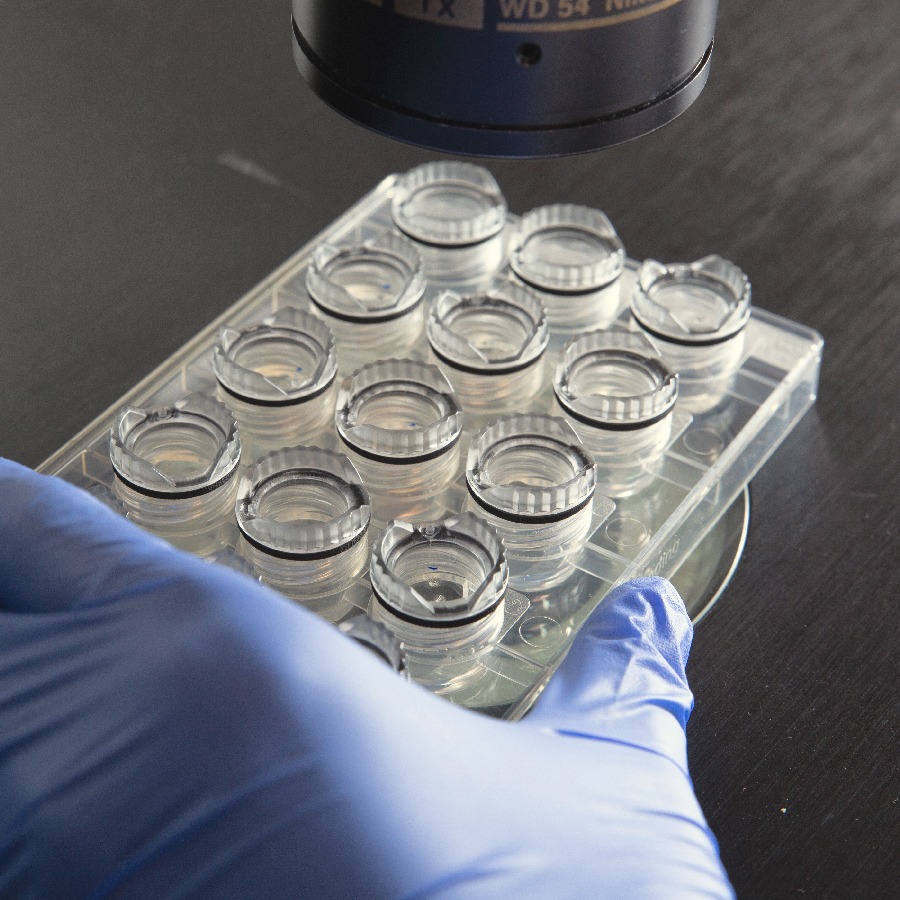Sickle cell disease is caused by inherited mutations in the beta-globin gene, leading to sickle-shaped red blood cells that are rigid and prone to getting trapped in small vessels, slowing or stopping the flow of blood. This can cause severe pain, anemia and organ damage.
Understanding Sickle Cell Disease

What is sickle cell disease?
Sickle cell disease is caused by inherited mutations in the beta-globin gene, leading to sickle-shaped red blood cells that slow or stop the flow of blood. This can cause pain and other serious problems, including anemia, increased risk of infection, acute chest syndrome and stroke. Historically, sickle cell disease has been under-served and, up until recently, there was very little innovation on behalf of this community.
Current management strategies for sickle cell disease include red blood cell transfusions, stem cell transplant and pain medications, which are associated with short- and long-term risks. In addition, some disease-modifying therapies are available, but significant unmet need remains. Although sickle cell disease is considered to be a rare disease in the U.S. and EU, it is one of the most common genetic disorders in the world.
Find out more about our clinical trials in sickle cell disease and talk to your doctor if you’re interested in participating in studies that are currently recruiting.
Connecting the dots in sickle cell disease

Healthy Red Blood Cell
- Retains flexible, biconcave shape
- Full of healthy hemoglobin molecules
Sickled Red Blood Cell
- Elongated, rigid shape that can lead to a build-up of red blood cells in the blood vessels
- Deoxygenated, full of abnormal hemoglobin fibers


“A Solid Connection”
Music Video
Agios is researching a potential treatment for sickle cell disease and is dedicated to partnering with the sickle cell community.
Find out more in this music video by sickle cell warrior DeMitrious Wyant.
Learn more about our pioneering approach and scientific expertise in cellular metabolism.
A pipeline of possibility
Building on our core capabilities in cellular metabolism, we are advancing a robust pipeline focused on rare diseases, including sickle cell disease.
Connected to patients
At the end of the day, we are creating therapies for patients. As the true experts in their disease, their needs, concerns, input and collaboration are critical to our work.

